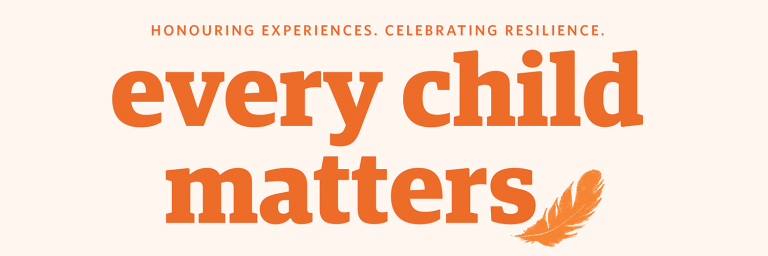
Between the late 1800s and 1996, more than 150, 000 First Nations, Métis and Inuit children attended Indian Residential Schools. Orange Shirt Day, September 30th, was inspired by the story of Survivor Phyllis Webstad and honours the experiences of all children impacted by the Residential Schools.
On September 30th join X̱wi7x̱wa Library in the conversation about Orange Shirt Day by reading a book from our curated children’s book list about residential schools. Below are 5 additional children’s books related to Orange Shirt Day and Residential Schools.
See X̱wi7x̱wa Library’s “Indian Residential School System in Canada” research guide for more resources and research advice. Please email xwi7xwa.library@ubc.ca for additional research help or questions about borrowing material from the Library.
The Indian Residential School History and Dialogue Centre (IRSHDC) at UBC will host several Orange Shirt Day events and workshops this year, starting on September 22 with a talk from Phyllis Webstad, author of “The Orange Shirt Story.” To learn more about events and the inspiration for Orange Shirt Day, visit the IRSHDC’s website.
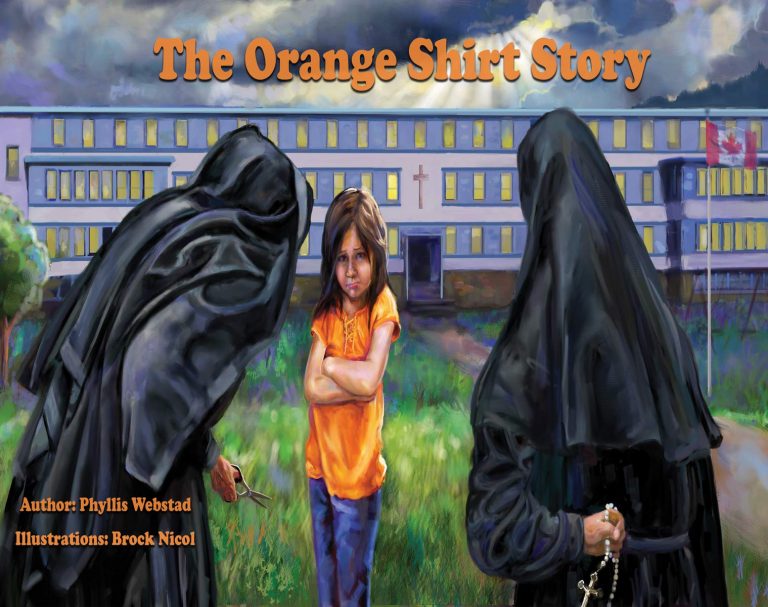
The Orange Shirt Story by Phyllis Webstad.
“The Orange Shirt Story” is based on Phyllis Webstad’s personal experience attending residential school. For her first day at residential school, Phyllis wore a bright orange shirt given to her by her grandmother. When she arrived at the school, teachers immediately took her orange shirt and Phyllis never saw the orange shirt again. Since then, the colour orange has always reminded Phyllis of her traumatic experience at residential school and her orange shirt has become a symbol for honouring the legacies of children who attended Indian Residential Schools.
This title includes a teacher’s lesson plan and additional teaching resources. The Orange Shirt Story is also available in French and Shuswap.
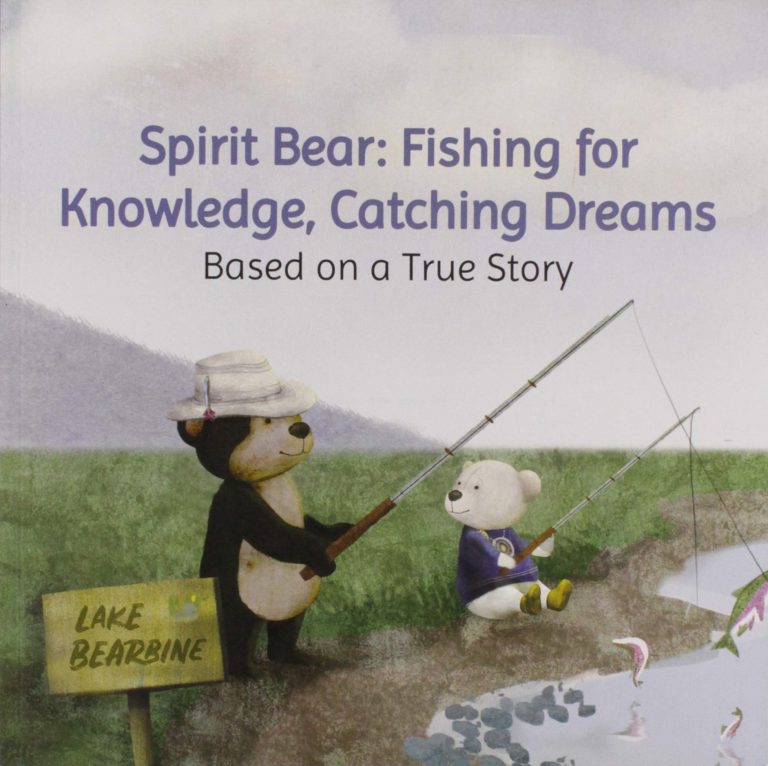
Spirit Bear is off on another adventure! Follow him as he learns about traditional knowledge and Residential Schools from his Uncle Huckleberry and his friend, Lak’insxw, before heading to Algonquin territory, where children teach him about Shannen’s Dream. Spirit Bear and his new friends won’t stop until Shannen’s Dream of “safe and comfy schools” comes true for every First Nations student.”
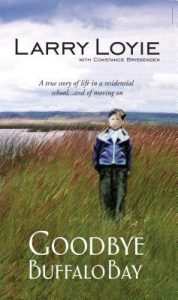
“Goodbye Buffalo Bay” by Larry Loyie with Constance Brissenden
“The sequel to the award-winning book As Long as the Rivers Flow and the award-finalist When the Spirits Dance , Goodbye Buffalo Bay is set during the author’s teenaged years. In his last year in residential school, Lawrence learns the power of friendship and finds the courage to stand up for his beliefs. He returns home to find the traditional First Nations life he loved is over. He feels like a stranger to his family until his grandfather’s gentle guidance helps him find his way. Goodbye Buffalo Bay explores the themes of self-discovery, the importance of friendship, the difference between anger and assertiveness and the realization of youthful dreams.”

“From award-winning authors Richard Van Camp and Monique Gray Smith come two honest and memorable middle-grade novellas on residential schools and reconciliation. The novellas will be bound together in a ‘flip-book’ format, which offers the intended audiences two important perspectives in one package. This stunning and unique book will feature two covers: Lucy & Lola will include a cover and spot illustrations by renowned artist Julie Flett. When We Play Our Drums, They Sing! will feature cover photographs by Tessa MacIntosh.” For ages 9-13.
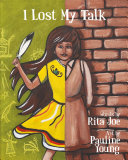
“I Lost my Talk” words by Rita Joe and art by Pauline Young
“One of Rita Joe’s most influential poems, “I Lost My Talk” tells the revered Mi’kmaw Elder’s childhood story of losing her language while a resident of the residential school in Shubenacadie, Nova Scotia. An often quoted piece in this era of truth and reconciliation, Joe’s powerful words explore and celebrate the survival of Mi’kmaw culture and language despite its attempted eradication. A companion book to the simultaneously published I’m Finding My Talk by Rebecca Thomas, I Lost My Talk is a necessary reminder of a dark chapter in Canada’s history, a powerful reading experience, and an effective teaching tool for young readers of all cultures and backgrounds. Includes a biography of Rita Joe and striking colour illustrations by Mi’kmaw artist Pauline Young.”
